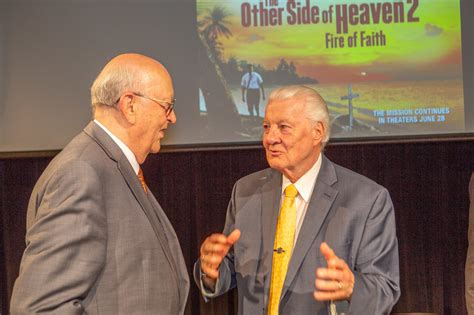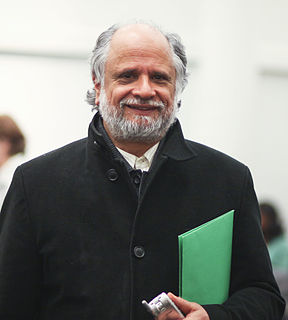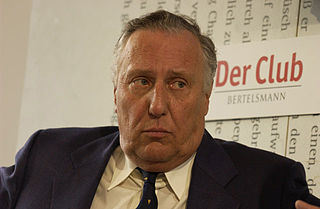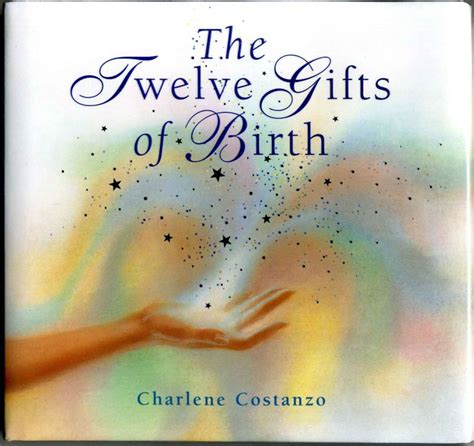A Quote by Loren Eiseley
It has been said that great art is the night thought of man. It may emerge without warning from the soundless depths of the unconscious, just as supernovas may blaze up suddenly in the farther reaches of void space.
Related Quotes
We may live without poetry, music and art; We may live without conscience, and live without heart; We may live without friends; we may live without books; But civilized man cannot live without cooks. . . . He may live without books,-what is knowledge but grieving? He may live without hope,-what is hope but deceiving? He may live without love,-what is passion but pining? But where is the man that can live without dining?
There is a certain silence that can emanate from a lifeless object as from a chair lately used, or from a piano with old dust upon its keys, or from anything that has answered to the need of a man, for pleasure or for work. This kind of silence can speak. Its voice may be melancholy, but it is not always so; for the chair may have been left by a laughing child or the last notes of the piano may have been raucous and gay. Whatever the mood or the circumstance, the essence of its quality may linger in the silence that follows. It is a soundless echo.
The theoretical recognition of the split-space of enunciation may open the way to conceptualising an international culture, based not on the exoticism of multiculturalism or the diversity of cultures, but on the inscription and articulation of culture's hybridity. It is the inbetween space that carries the burden of the meaning of culture, and by exploring this Third Space, we may elude the politics of polarity and emerge as the others of our selves.
The last of the lonely places is the sky, a trackless void where nothing lives or grows, and above it, space itself. Man may have been destined to walk upon ice or sand, or climb the mountains or take craft upon the sea. But surely he was never meant to fly? But he does, and finding out how to do it was his last great adventure.
One of the great fallacies of our time is that the Nazis rose to power because they imposed order on chaos. Precisely the opposite is true - they were successful because they imposed chaos on order. They tore up the commandments, they denied the super-ego, what you will. They said, "You may persecute the minority, you may kill, you may torture, you may couple and breed without love." They offered humanity all its great temptations. Nothing is true, everything is permitted.
Much has been said of the loneliness of wisdom, and how much the Truth seeker becomes a pilgrim wandering from star to star. To the ignorant, the wise man is lonely because he abides in distant heights of the mind. But the wise man himself does not feel lonely. Wisdom brings him nearer to life; closer to the heart of the world than the foolish man can ever be. Bookishness may lead to loneliness, and scholarship may end in a battle of beliefs, but the wise man gazing off into space sees not an emptiness, but a space full of life, truth, and law.
This you may say of man - when theories change and crash, when schools, philosophies, when narrow dark alleys of thought, national, religious, economic, grow and disintegrate, man reaches, stumbles forward, painfully, mistakenly sometimes. Having stepped forward, he may slip back, but only half a step, never the full step back.
Big ideas come from the unconscious. This is true in art, in science, and in advertising. But your unconscious has to be well informed, or your idea will be irrelevant. Stuff your conscious mind with information, then unhook your rational thought process. You can help this process by going for a long walk, or taking a hot bath, or drinking half a pint of claret. Suddenly, if the telephone line from your unconscious is open, a big idea wells up within you.





































